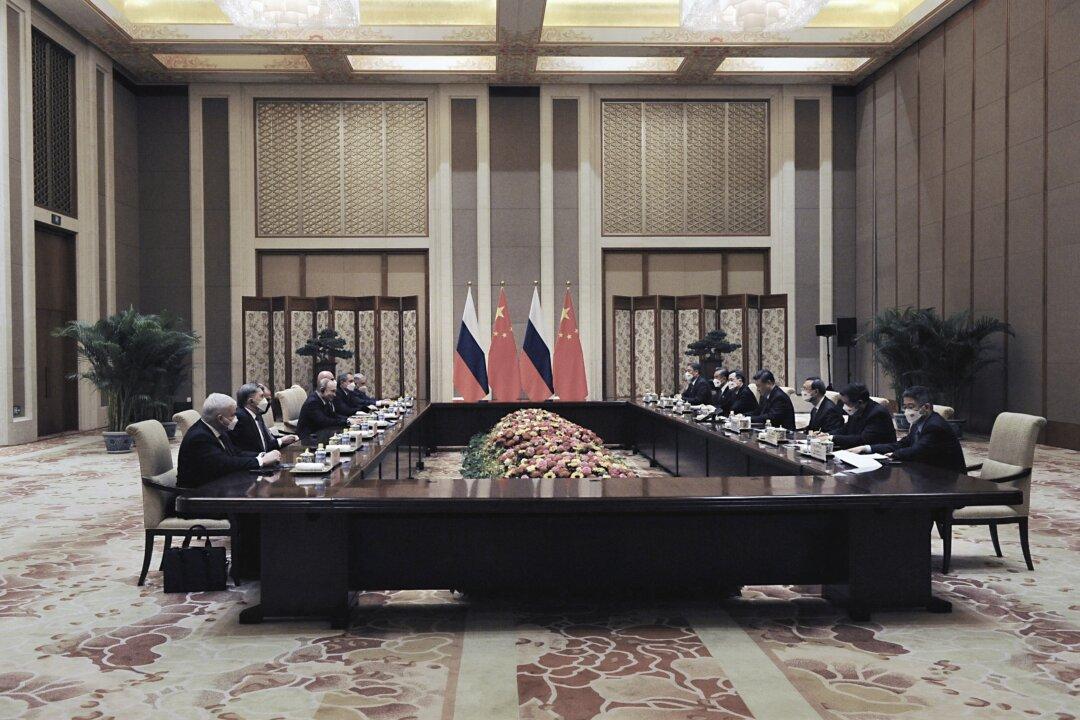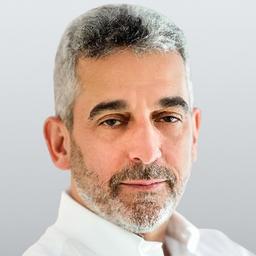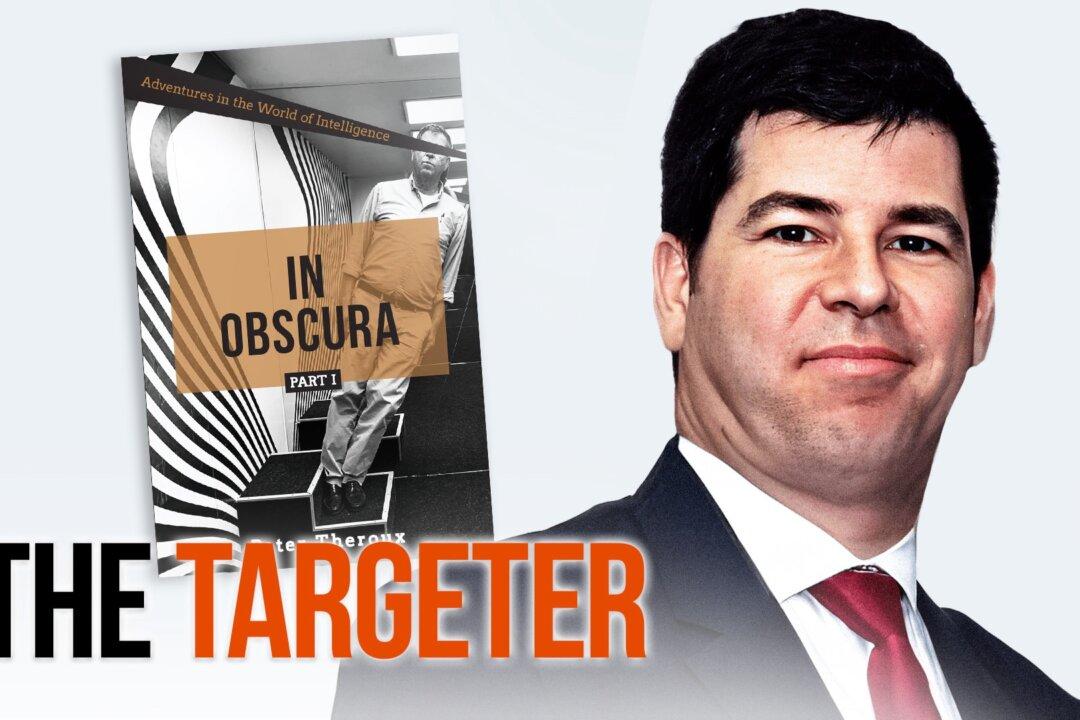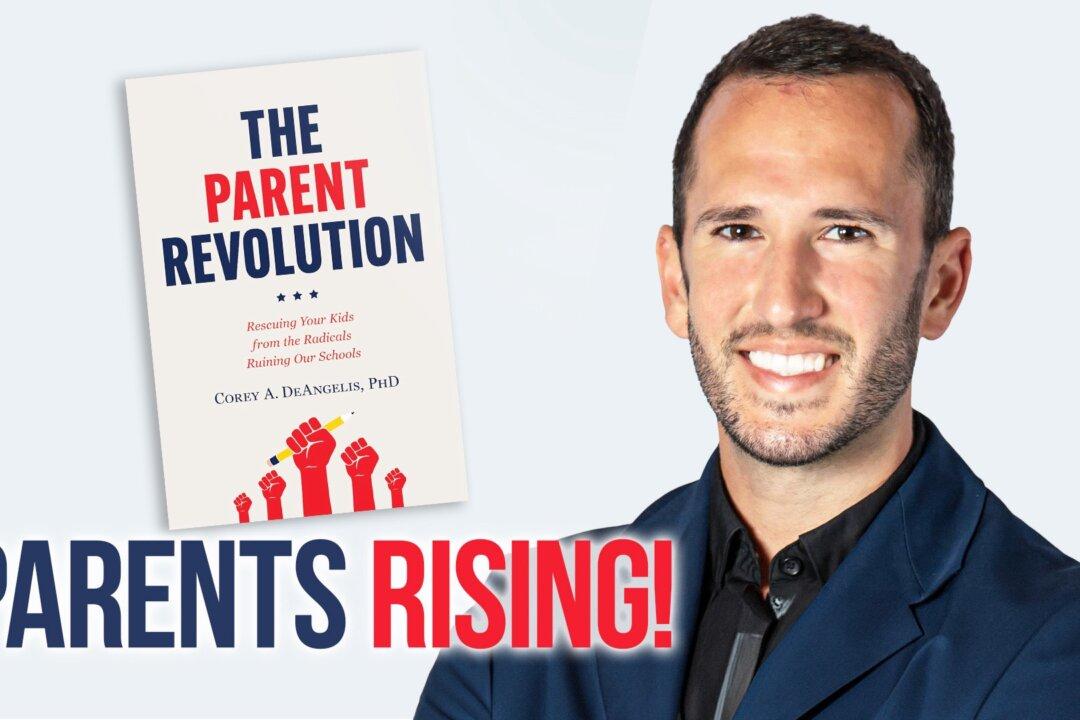Commentary
American allies, Republican officials, and policy analysts the world over are concerned that if the Biden administration countenances Russian President Vladimir Putin’s aggression against Ukraine, it will signal that China is free to move against Taiwan. The fact is, it’s probably too late already.





